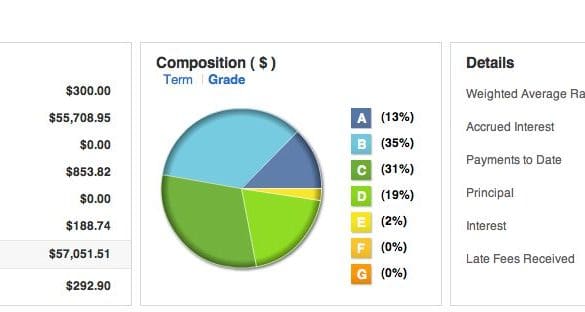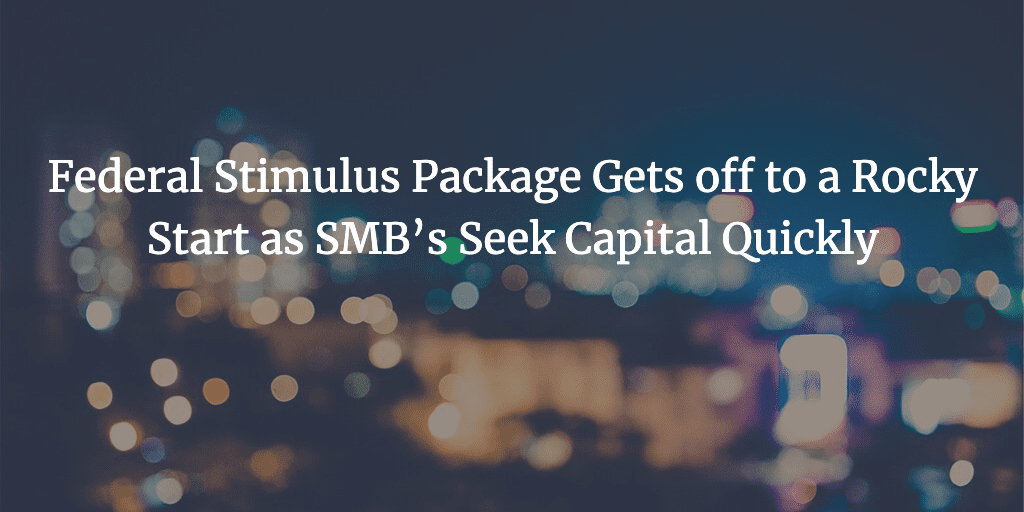Small businesses are becoming more anxious by the day with the crisis showing no signs of ending in the near...
Manatt is one of the leading professional services firms in fintech; in our latest guest post Brian Korn, Neil Faden,...
Manatt shares that the FTC has finalized their deal with SoFi who was accused of making false statements about student...
[Editor’s Note: This is a guest post from Brian S. Korn, Leader, Digital Finance and Marketplace Lending, Partner, Manatt Financial...
·
[Editor’s note: This is the third and final guest post from Brian Korn of Manatt, Phelps & Phillips, LLP. They will be...
Small businesses are becoming more anxious by the day with the crisis showing no signs of ending in the near...
[Editor’s note: This is a guest post from Brian Korn, Neil Faden, Benjamin Brickner and June Kim of Manatt, Phelps...
Brian S. Korn, Leader, Digital Finance and Marketplace Lending, Partner, Manatt Financial Services and Benjamin T. Brickner, Associate, Corporate and...
Manatt provides a roundup on what is going on in financial services law; stories include: Industry Groups Respond on Consumer Access to Financial Records, Home Depot Settles Data Breach Suit for $25M, CFPB Proposes Delay for Prepaid Rule, Payday Lenders Can't Halt Operation Choke Point, Court Rules, and Mortgage Lender Hit With Record HMDA Penalty. Source
·
[Editor’s note: This is another guest post from Brian Korn of Manatt, Phelps & Phillips, LLP. They will be in...





